Research Library
Browse our library of white papers, conference and journal publications, and webinars below.

Experiences Teaching a CS1 Common Course across 7 Institutions
F. Vahid, A. Pang
2024
2024
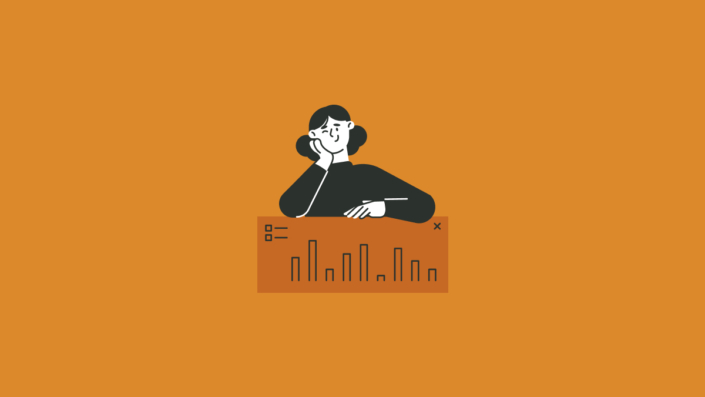
Towards Comprehensive Metrics for Programming Cheat Detection
A.Pang, F. Vahid, B. Denzler
2024
2024
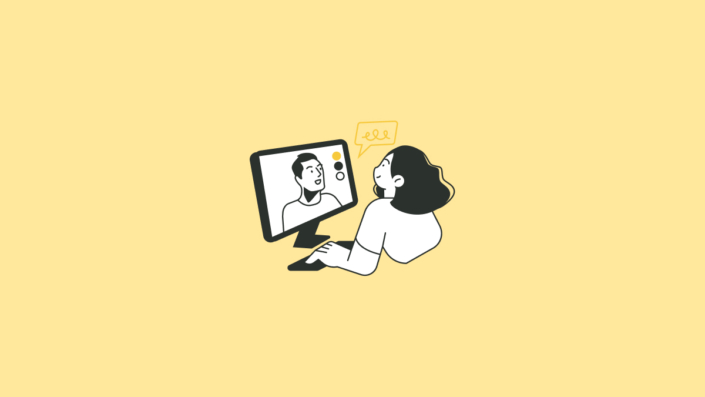
CS1 Instructors: Flexibility in Content Approaches is Justified, and can Enable More Cross-University Cooperation
F. Vahid
2024
2024
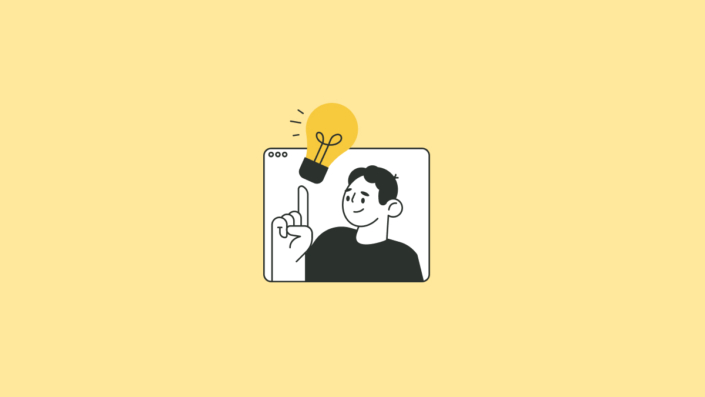
Incorporating Learning Sciences’ Best Practices Into STEM Courseware
C. Gordon, J. Snare, Y. Rajasekhar
2024
2024

Literature Survey of How Students with Visual Impairments Interact with Engineering Course Materials
A. Rodriguez, L. Fogg, A. Clark, J. L. Welter, G. Sirokman, R. Barlow
2023
2023
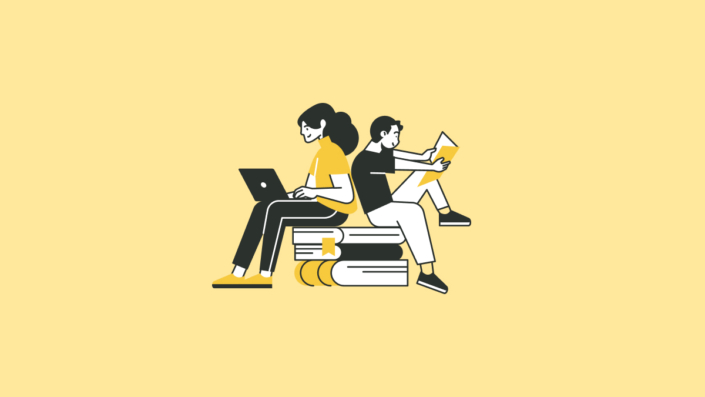
Reading participation and assessment of spreadsheet skills across multiple cohorts when using an interactive textbook
S. Yanosko, G. Valentine, M. W. Liberatore
2023
2023

Clustering of Animation View Times in an Interactive Textbook for Material and Energy Balances
T. Hilsabeck, B. Crockett, A. Parsaei, K. S. Xu, M. W. Liberatore
2023
2023
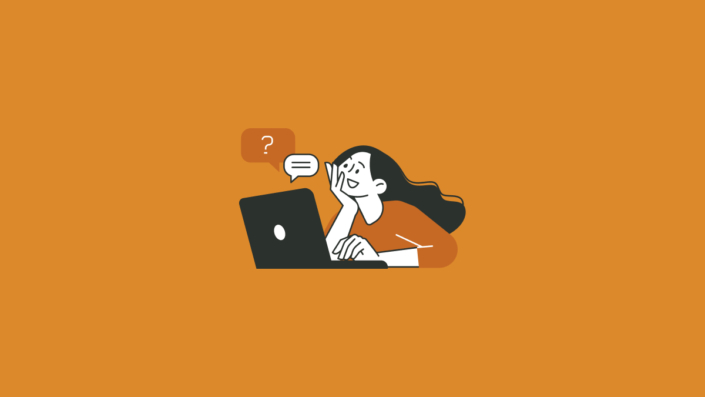
Reproducible High Reading Participation and Auto-Graded Homework Completion across Multiple Cohorts When Using an Interactive Textbook for Material and Energy Balances
S. Yanosko, M. W. Liberatore
2023
2023
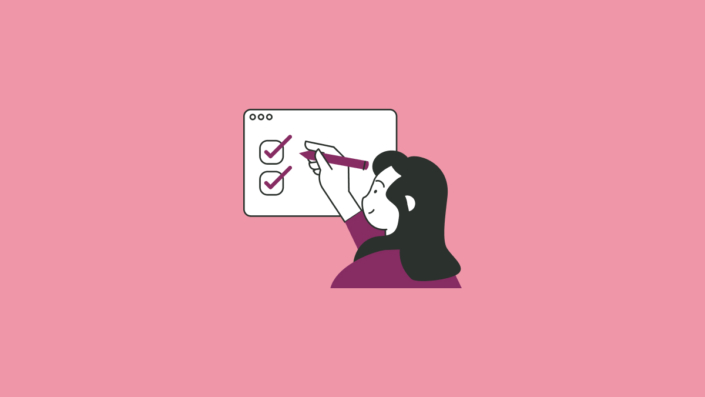
Student Earnestness in Online Circuit Analysis Textbook When Answer Is Available
M. Sarraf, M. Atkins, J. Welter, Y. Adibi, N. Sambamurthy, L. Fogg
2023
2023

The use of 3D printed media to improve the accessibility of engineering
G. Sirokman, R. Barlow, A. Rodriguez, A. Clark, L. Fogg
2023
2023
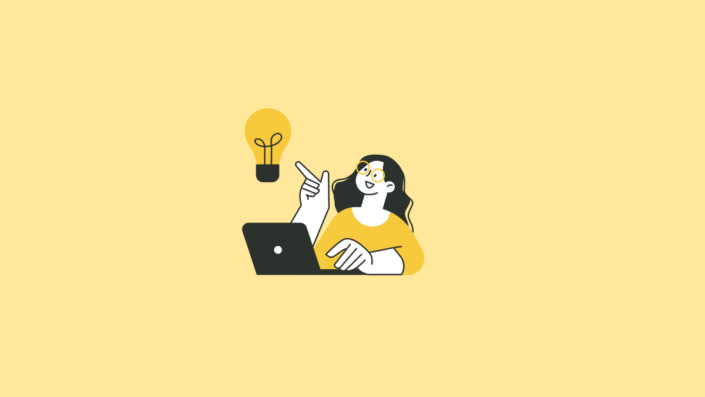
Student Engagement with Interactive Engineering Textbook Reading
C. Gordon, A. Rodriguez, A. Clark, B. Gambrel, L. Ratts, J. Welter, R. Barlow, Y. Rajasekhar, N. Sambamurthy, L Fogg, J. E. Loeber
2023
2023

Variability-Inducing Requirements for Programs: Increasing Solution Variability for Similarity Checking
A. Pang, F. Vahid
2023
2023
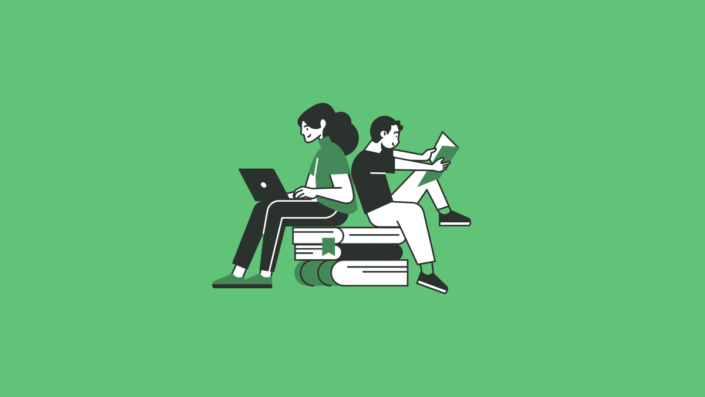
Organizational Barriers to Conducting Engineering Education Research in Education-adjacent Industries
N. Sambamurthy
2023
2023
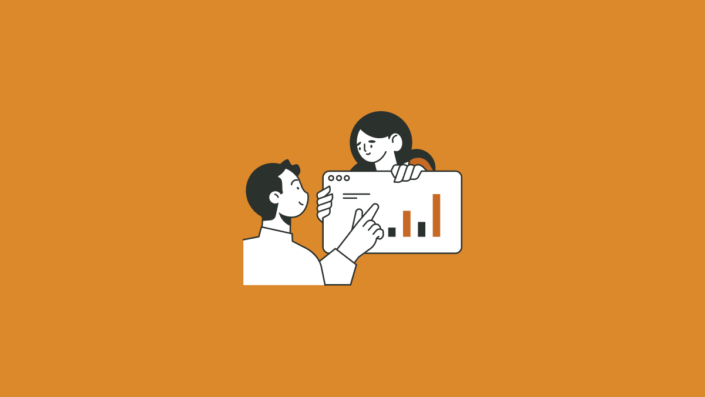
Student Engagement with Interactive Engineering Textbook Reading Assignments When Tied to the Grade
C. Gordon, A. Rodriguez, A. Clark, B. Gambrel, L. Ratts, R. Barlow, Y. Rajasekar, N. Sambamurthy, L. Fogg, J. L. Loeber
2023
2023

The use of 3D printed media to improve the accessibility of engineering educational materials
G. Sirokman, R. Barlow, A. Rodriguez, A. Clark, L. Fogg
2023
2023

Literature Survey of How Students with Visual Impairments Interact with Engineering Course Materials
A. Rodriguez, L. Fogg, A. Clark, J. L. Welter, G. Sirokman, R. Barlow
2023
2023

Ultra-Lightweight Early Prediction of At-Risk Students in CS1
C. Gordon, S. Zhao, and F. Vahid
2023
2023

Concise Graphical Representations of Student Effort on Weekly Many Small Programs
J.M. Allen, F. Vahid
2021
2021
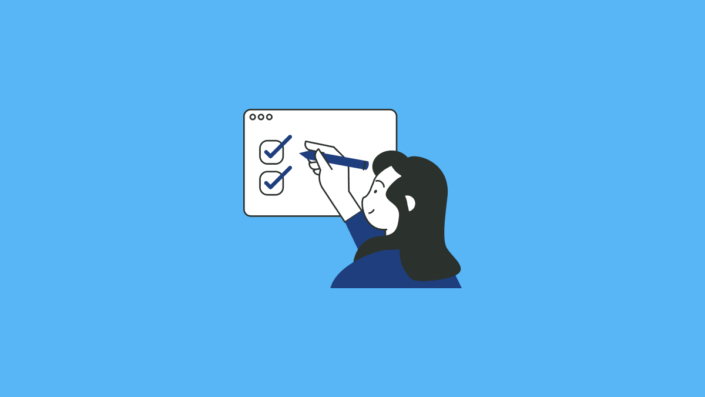
Impact of Several Low-Effort Cheating-Reduction Methods in a CS1 Class
F. Vahid, A. Pang, K. Downey, C. Gordon
2023
2023
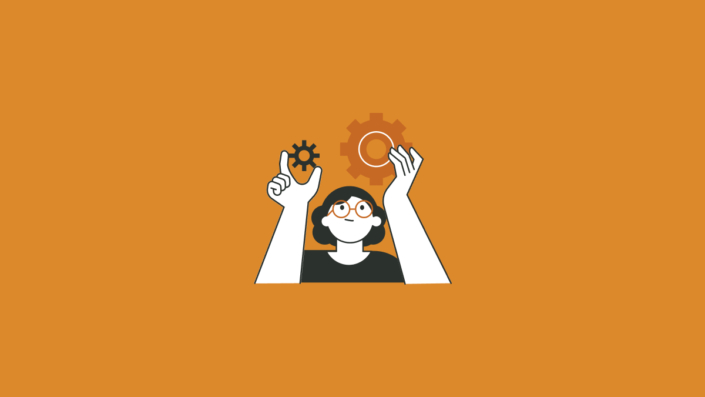
Experiences teaching coral before C++ in CS1
F. Vahid, K. Downey, L. Areizaga, and A. Pang
2023
2023

ChatGPT and Cheat Detection in CS1 Using a Program Autograding System
F. Vahid, L. Areizaga, A. Pang
2023
2023
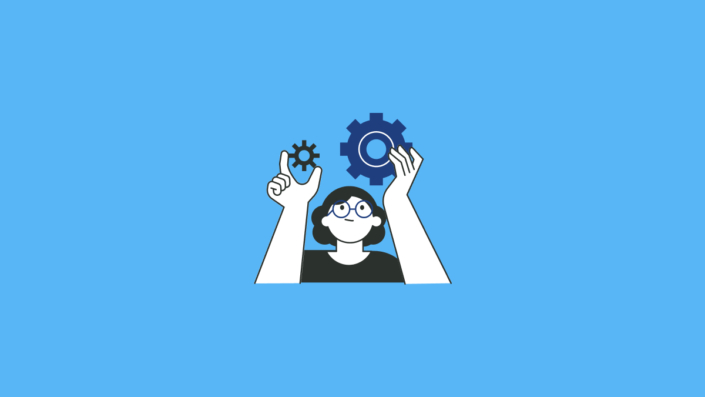
Less Is More: Students Skim Lengthy Online Textbooks
C. Gordon, R. Lysecky, F. Vahid
2023
2023

Animation analytics in an interactive textbook for material and energy balances
M. Liberatore, K. Xu
2022
2022
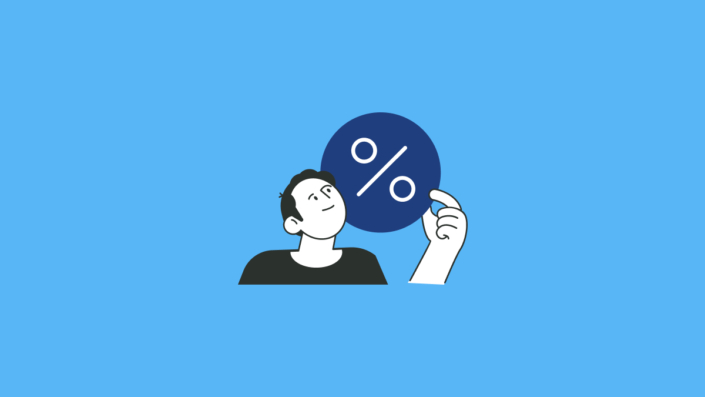
High-Quality text descriptions of visual elements in online interactive versions of traditional print mechanical engineering textbooks
A. Rodriguez, O. Rios, R. Barlow, and J. Eakins
2022
2022

Understanding and promoting earnest completion in online textbooks
C. Gordon, F. Vahid, and L. Lysecky
2022
2022

Analyzing the use of auto-graded labs with a built-in simulator to learn assembly programming
C. Y. Leung, C. Gordon, E. Kazakou, Y. Rajasekhar
2022
2022

Evaluating the benefits of adding interactive elements to traditional print mechanical engineering textbooks
R. Barlow, O. Rios, J. Eakins, A. Rodruiguez
2022
2022
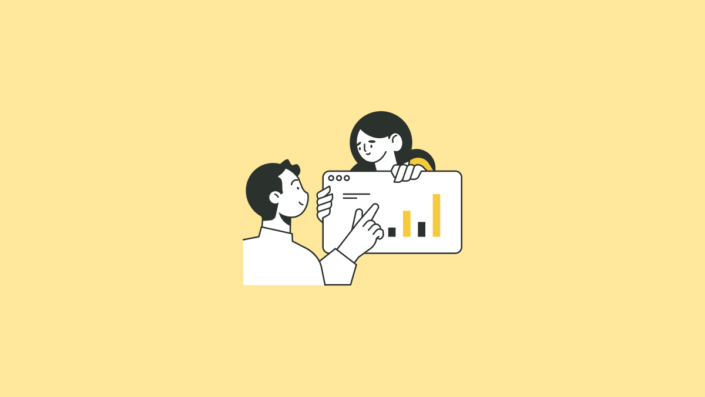
Detecting possible cheating in programming courses using drastic code change
N. Alzahrani, F. Vahid
2022
2022

Programming learners struggle as much in Python as in C++ or Java
C. Gordon, R. Lysecky, F. Vahid
2022
2022

Deliberate practice of spreadsheet skills when using copiable, randomized, and auto-graded questions within an interactive textbook
L. Gorbett, K. Chapman, and M. Liberatore
2022
2022
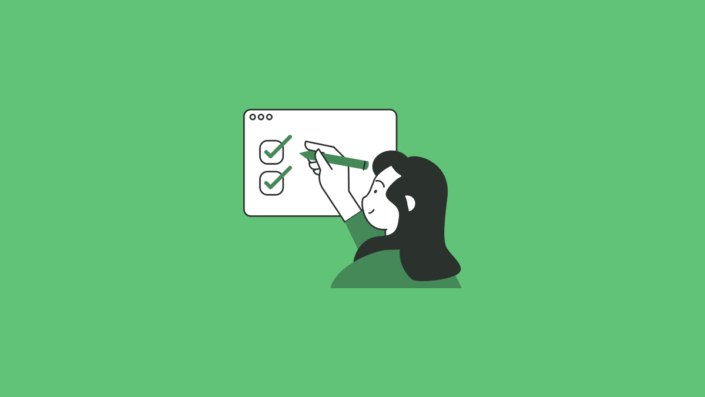
Student success and attempts on auto-graded homework across multiple cohorts in material and energy balances
K. Chapman, M. Davidson, and M. Liberatore
2021
2021

Theory to Practice: Closing the Gap in Undergraduate Math to Reduce Student Attrition
J. Kelly, J. Bruno, and A. Edgcomb

The rise of the zyLab program auto-grader in introductory CS courses
C. Gordon, R. Lysecky, and F. Vahid
2021
2021

The Rise of Program Auto-grading in Introductory CS Courses: A Case Study of zyLabs
C. Gordon, R. Lysecky, F. Vahid
2021
2021

Randomized, Structured, Auto-graded Homework: Design Philosophy and Engineering Examples
E. Kazakou, A. Edgcomb, R. Lysecky, F. Vahid, Y. Rajasekhar 2021

Student Usage of Auto-graded Activities in a Web-based Circuit Analysis Textbook
N. Sambamurthy, E. Kazakou, Y. Adibi
2021
2021

Student usage of auto-graded activities in a web-based circuit analysis textbook
N. Sambamurthy, E. Kazakou, and Y. Adibi
2021
2021

Attitudes toward and usage of animations in an interactive textbook for material and energy balances
S. Stone and M. Liberatore

Coding Trails: Concise Representations of Student Behavior on Programming Tasks
F. Vahid, R. Lysecky, B. A. Miller, L. Vanderbeek
2021
2021
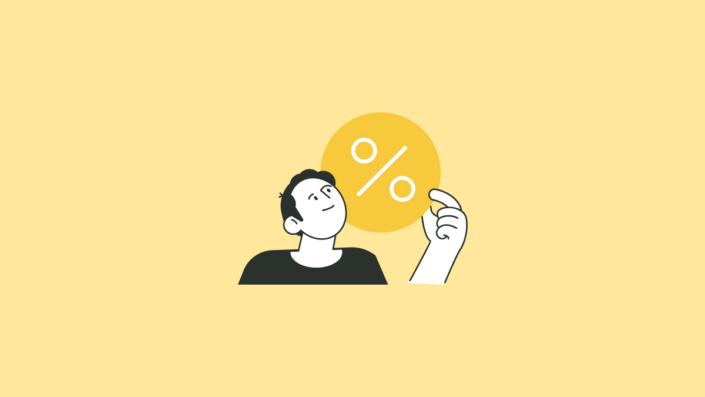
The Shift From Static College Textbooks to Customizable Content: A case study at zyBooks
C. Gordon, L. Lysecky, and F. Vahid

An Analysis of Using Coral Many Small Programs in CS1
J. M. Allen
F. Vahid
2021
F. Vahid
2021
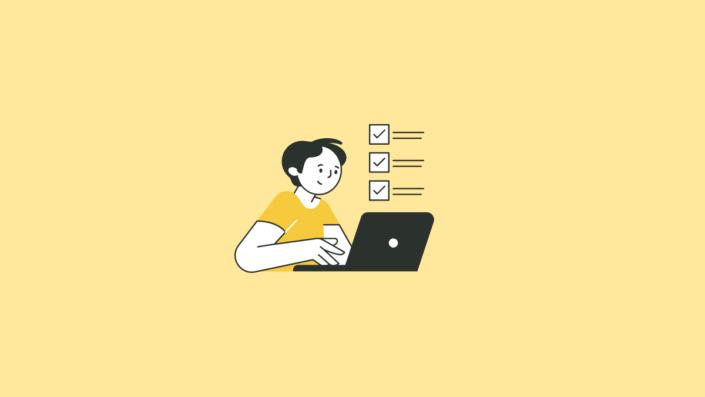
An Analysis of Using Coral Many Small Programs in CS1
J.M. Allen, F. Vahid
2021
2021

Using the free Coral language and simulator to simplify first-year programming courses
F. Vahid, J. M. Allen, A. Edgcomb, R. Lysecky
2020
2020

Improving Pass Rates by Switching from a Passive to an Active LearningTextbook in CS0
D. McKinney, A. D. Edgcomb, R. Lysecky, F. Vahid
2020
2020

Improving Pass Rates by Switching from a Passive to an Active Learning Textbook in CS0
D. McKinney, A. Edgcomb, R. Lysecky, F. Vahid
2020
2020
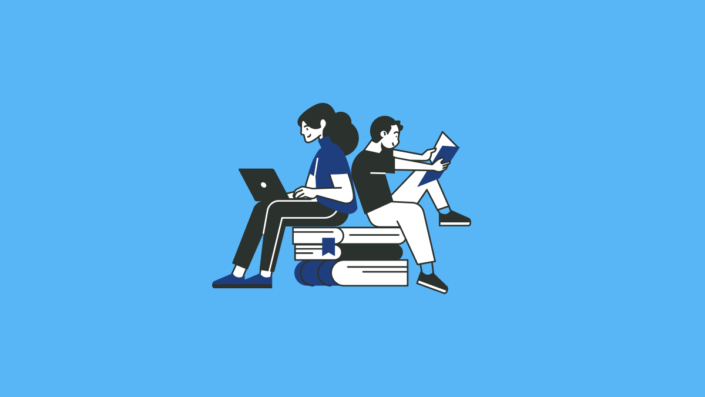
Using the free Coral language and simulator to simplify first-year programming courses
F. Vahid, J. M. Allen, A. D. Edgcomb, R. Lysecky
2020
2020

Identifying Challenging Spreadsheet Skills Using Reading and HomeworkAnalytics from an Interactive Textbook
M. W. Liberatore, K. Chapman
2020
2020

Animations for Learning: Design Philosophy and Student Usage in Interactive Textbooks
N. Sambamurthy, F. Vahid
2019
2019

Identifying Challenging Spreadsheet Skills Using Reading and Homework Analytics from an Interactive Textbook
M. Liberatore, K. Chapman
2019
2019
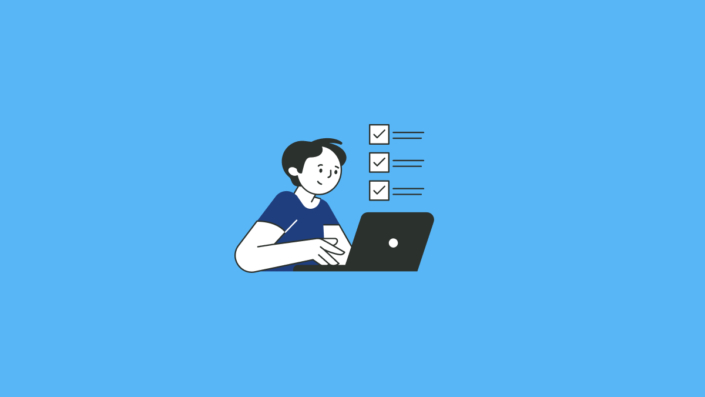
Student Usage of Digital Design Interactive Learning Tools in an Online Textbook
Y. Rajeskhar, A. D. Edgcomb, F. Vahid
2019
2019

Coral: An Ultra-Simple Language For Learning to Program
A. D. Edgcomb, F. Vahid, R. Lysecky
2019
2019

Animations for Learning: Design Philosophy and Student Usage in Interactive Textbooks
N. Sambamurthy, A. D. Edgcomb, F. Vahid
2019
2019

Reading Anytime: Do Students Complete Missed Readings After the DueDate When Using an Interactive Textbook for Material and Energy Balances?
M. Liberatore, K. Chapman
2019
2019

Weekly Programs in a CS1 Class: Experiences with Auto-graded Many-small Programs (MSP)
J. M. Allen, F. Vahid, D. Downey, A. Edgcomb
2018
2018

Python Versus C++: An Analysis of Student Struggle on SmallCoding Exercises in Introductory Programming Courses
N. Alzahrani, F. Vahid, A. Edgcomb, K. Nguyen, and R. Lysecky
2018
2018
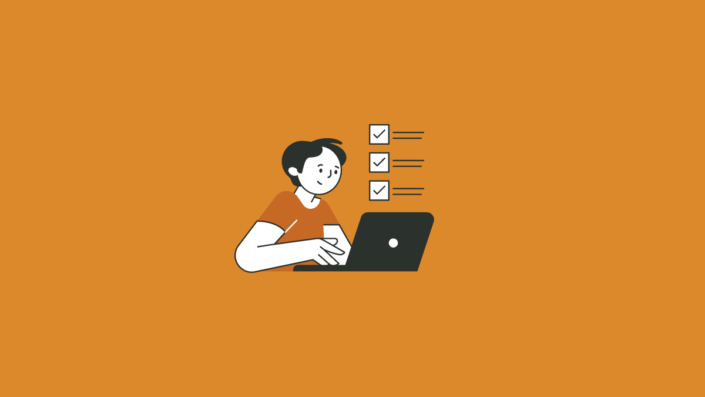
Quantifying Self-guided Repetition Within an Interactive Textbook for a Material and Energy Balances Course
M. Liberitory, K. Roach
2018
2018

A Systematic Literature Review of Misconceptions in Linear Circuit Analysis
N.Sambamurthy, A. D. Edgcomb
2018
2018
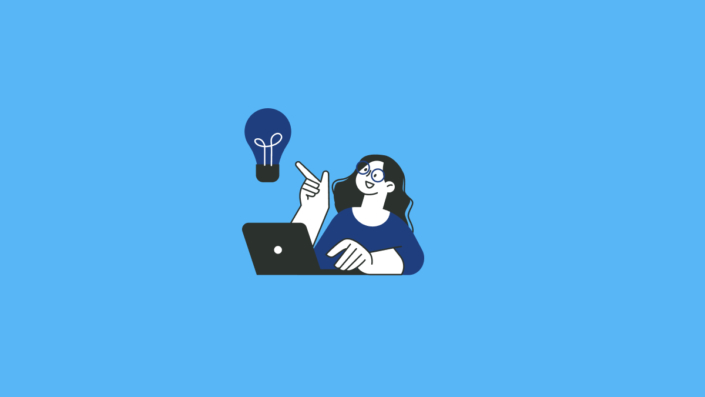
Student Usage of Small Auto-graded MATLAB Coding Exercises
A. Edgcomb, N. Sambamurthy, D. Gulvady, S. Kasula
2018
2018

An Analysis of Common Errors Leading to Excessive Student Struggle on Homework Problems in an Introductory Programming Course
N. Alzahrani, F. Vahid, A. D. Edgcomb, R. Lysecky, S. Lysecky
2018
2018

Getting students to earnestly do reading, studying, and homework in an introductory programming class
A. Edgcomb, F. Vahid, R. Lysecky, and S. Lysecky
2017
2017

Learning Materials for Introductory Embedded Systems Programming Using a Model-Based Discipline
F. Vahid, A. Edgcomb, B. Miller, T. Givargis
2016
2016

New Web-Based Interactive Learning Material for Digital Design
F. Vahid, A. Edgcomb, S. Lysecky, R. Lysecky
2016
2016

Introduction to Computing Technology: New Interactive Animated Web-Based Learning Content
F. Vahid, S. Lysecky, A. D. Edgcomb
2018
2018
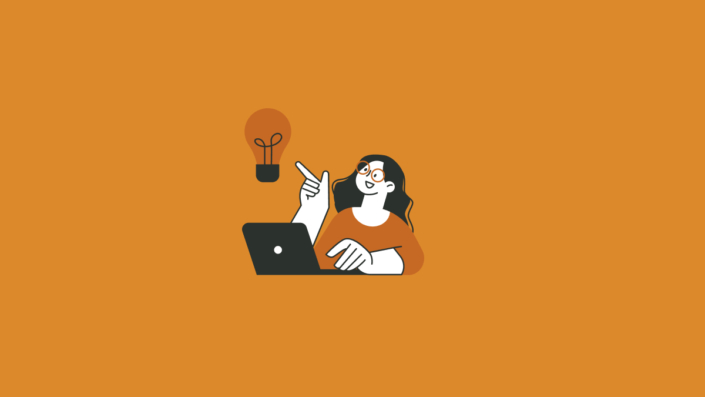
Simplifying a Course to Reduce Student Stress so Students Can Focus Again on Learning
A. Edgcomb, F. Vahid
2016
2016

Reading analytics and student performance when using an interactive textbook for a material and energy balances course
M. Liberitore
2016
2016

Will Students Earnestly Attempt Learning Questions if Answers are Viewable?
J. S. Yuen, A. D. Edgcomb, F. Vahid
2016
2016

An Interactive Web Native Textbook for Material and Energy Balances
M. Liberatore
2016
2016

Student Performance Improvement using Interactive Textbooks: A ThreeUniversity Cross-Semester Analysis
A. D. Edgcomb, F. Vahid, R. Lysecky, A. Knoesen, R. Amirtharajah, M. L. Dorf
2015
2015

Students Learn More with Less Text that Covers the Same Core Topics
A. Edgcomb, F. Vahid, R. Lysecky
2015
2015

How Many Points Should Be Awarded for Interactive Textbook Reading Assignments?
A. Edgcomb, F. Vahid
2015
2015

Student Usage and Behavioral Patterns with ONline Interactive Textbook Materials
A. Edgcomb, D. de Haas, R. Lysecky, F. Vahid
2015
2015

A Continual improvement Paradigm for Modern Online Textbooks
F. Vahid, D. de Haas, S. Strawn, S. Lysecky, R. Lysecky
2015
2015

Effectiveness of Online Textbooks vs. Interactive Web-Native Content
A. D. Edgcomb, F. Vahid
2014
2014